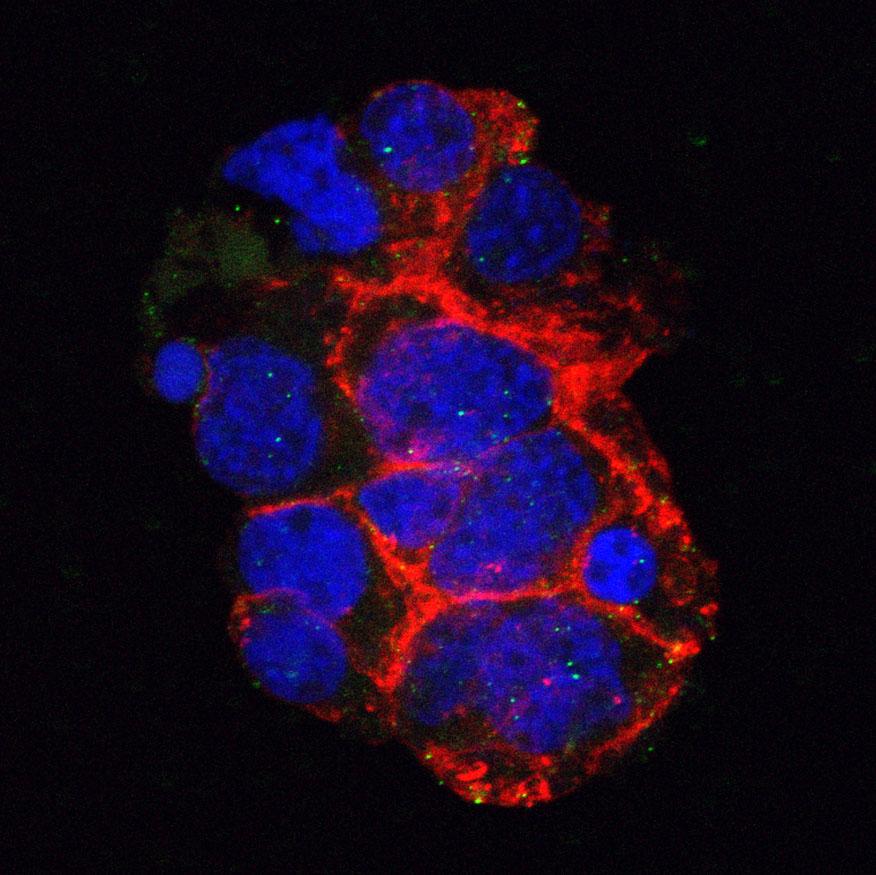Serological and clinical evaluation of the Yugoslavian RM65 sheep pox strain vaccine use in cattle against lumpy skin disease
Lumpy skin disease (LSD) is an emerging infectious disease of cattle. Since 2012, it has been seen throughout the Middle East region. The aim of this study was to compare the humoral response of three different dosages of the RM65 sheep pox (SPP) vaccine to assess the use of ten times sheep dose of the RM65 vaccine against lumpy skin disease, and to explore the possible causes of, and characterize the side effects caused by the RM65 vaccine. A blinded randomized collected study comprised 57 clinically normal, Holstein Friesian cattle which were randomly assigned into three experimental groups of 17 cattle according to the vaccine dose used (one, five and ten times the dose used for sheep in the field, and a control group of six cattle that did not receive the vaccine. Experimental animals were monitored closely for the development of any abnormality or side effects. Serum samples were collected for 6 weeks and were tested using serum neutralization assay. Decrease in total milk production was observed a week after vaccination and by the fifth week of the experiment, it had returned to prevaccination levels. Clinical side effects were seen in five animals that belong only to the group that received ten times of the SPP vaccine dose. Observed side effects included fever, decreased feed intake and milk production, as well as skin lesions. Skin nodules appeared between 7 and 17 days postvaccination, and remained for 11-17 days. Systemic reactions were likely to be associated with higher dosage and all affected cattle recovered uneventfully. Animals that received the highest dose (ten times the sheep dose) showed the best humoral response. The actual efficacy of the different concentration of the SPP RM65 should be evaluated based on a challenge experiment in a controlled environment.
